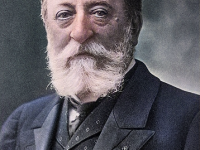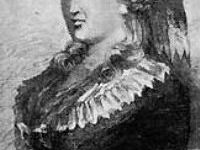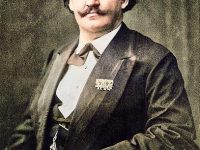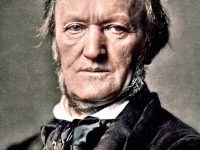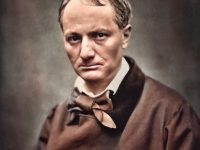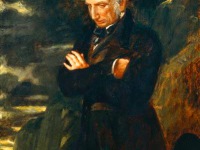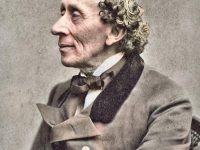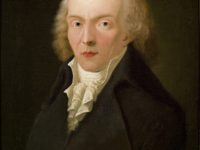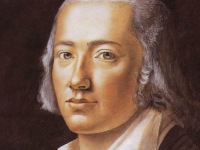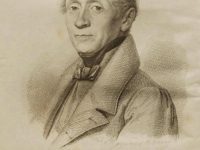Camille Saint-Saëns – a Musical Renaissance Man
On October 9, 1835, French composer, organist, conductor, and pianist of the Romantic era Camille Saint-Saëns was born. He was something of an anomaly among French composers of the nineteenth century in that he wrote in virtually all genres, including opera, symphonies, concertos, songs, sacred and secular choral music, solo piano, and chamber music. Moreover, his interests also exceeded the musical genre as being an expert in mathematics and maintaining strong interests in…
Read more

